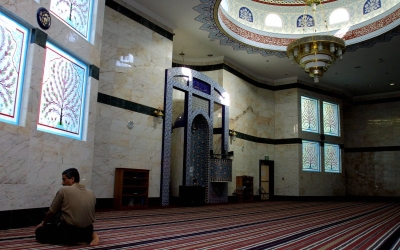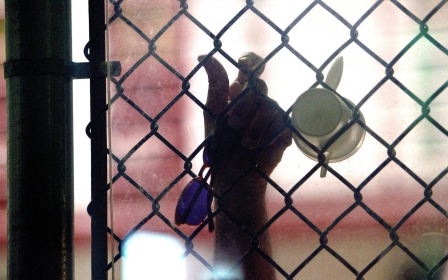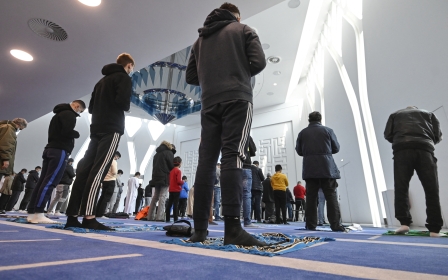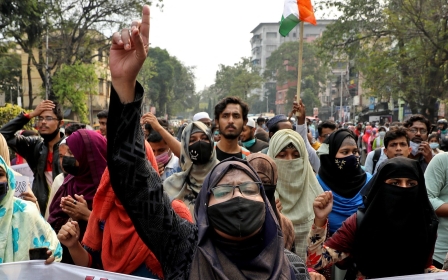US Supreme Court rules in favour of FBI in Muslim spying case
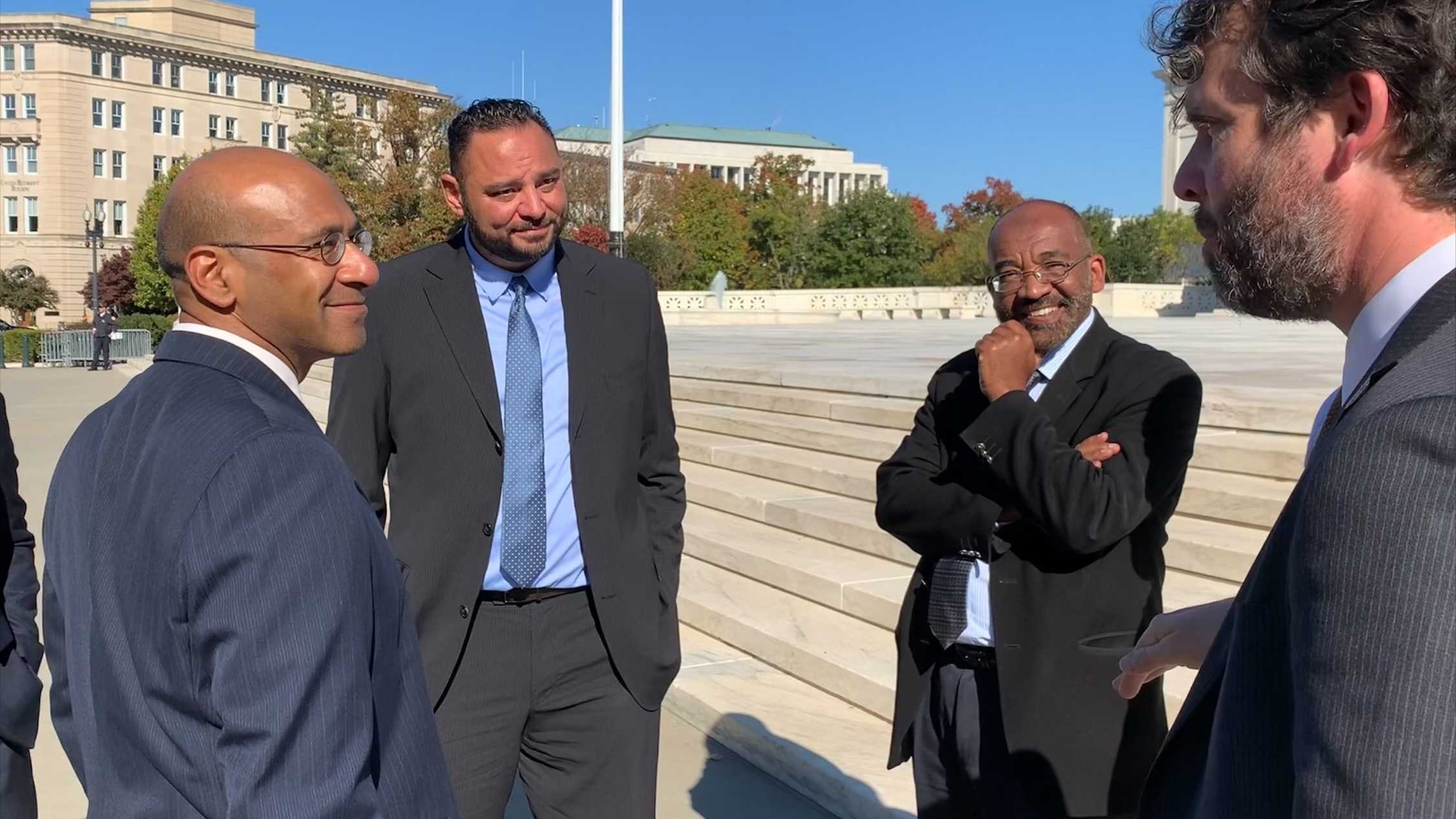
The US Supreme Court on Friday narrowly ruled in favour of the FBI in a case where three Muslim men from the state of California accused the agency of conducting illegal surveillance of them and their community after the 9/11 attacks.
The court unanimously overturned a lower court ruling in favour of the men, determining that a federal appeals court misapplied a federal law - the Foreign Intelligence Surveillance Act (FISA) - governing how surveillance-related evidence can be used in court.
However, the nation's highest judicial body did not address the religious freedom issues that were raised in the original lawsuit, and it also refrained from ruling broadly on whether the government can invoke the state secrets privilege to throw out court cases.
"Today’s decision addresses only the narrow question whether 1806(f) (of the Foreign Intelligence Surveillance Act) displaces the state secrets privilege," wrote Justice Samuel Alito in the majority opinion.
The case will now return back to the 9th Circuit Appeals Court for litigation and a chance for the plaintiffs to further argue their case.
"We are disappointed that today's decision limits the reach of FISA and makes it easier for the FBI to avoid accountability for unconstitutional surveillance by asserting that the case involves state secrets," Peter Bibring, senior counsel with the American Civil Liberties Union of Southern California, said in a press conference following the ruling.
"But importantly, the Court refused to adopt the sweeping interpretation of the state secrets privilege that the government advanced here and that some lower courts have followed - that the state secret privilege allows courts to throw cases like this one out entirely simply because some evidence may be secret."
'We don't need the government's evidence'
The lawsuit was originally filed in 2011 by Yassir Fazaga, an imam at the Orange County Islamic Foundation; Ali Uddin Malik, who attended the Islamic Center of Irvine; and Yasser Abdelrahim, a US permanent resident from Egypt who also attended the Islamic Center of Irvine.
The three men accused the FBI of using an informant to infiltrate mosques in southern California and spy on Muslim Americans, including religious leaders, on the basis of their religion.
The plaintiffs say the FBI's alleged actions constitute religious discrimination in violation of the US Constitution's First Amendment by targeting Muslims, as well as violating the Fourth Amendment prohibition on unreasonable searches and seizures.
The lawsuit focused upon a 14-month period in 2006 and 2007 when the FBI paid an informant named Craig Monteilh, otherwise known to many in the community as Farouk al-Aziz, to gather information on Muslims as part of a post-9/11 counterterrorism investigation.
'I think we have more than enough actually to make our claim even without relying on the government's evidence'
- Ahilan Arulanantham, Center for Immigration Law and Policy at UCLA
The campaign, named Operation Flex, tore apart the fabric of the community in California's Orange County, which at the time had around 120,000 Muslims, the plaintiffs told Middle East Eye last November.
The arrangement unravelled when members of the community reported Monteilh to the local police and FBI for making statements about wanting to take violent action. Community members also obtained a restraining order against him.
"We are pleased with the outcome of this. Obviously, it could have been better, but … we still have the ability to fight for our case 15 years later," Fazaga said in a press conference on Friday afternoon.
Ahilan Arulanantham, faculty co-director of UCLA law school's Center for Immigration Law and Policy, added that even if the government's evidence is withheld due to state secrets, "we don't need any more information" in order to make their case of religious discrimination, due to the fact that the informant in question had publicly admitted to spying and targeting Muslims under the direction of the FBI.
"He's filed declarations in our case. They're part of the record in this case describing the activities that he did and what he says is that the FBI told him to spy on people indiscriminately because they were Muslim," he said during the press conference.
"I think we have more than enough actually to make our claim even without relying on the government's evidence."
Middle East Eye propose une couverture et une analyse indépendantes et incomparables du Moyen-Orient, de l’Afrique du Nord et d’autres régions du monde. Pour en savoir plus sur la reprise de ce contenu et les frais qui s’appliquent, veuillez remplir ce formulaire [en anglais]. Pour en savoir plus sur MEE, cliquez ici [en anglais].


